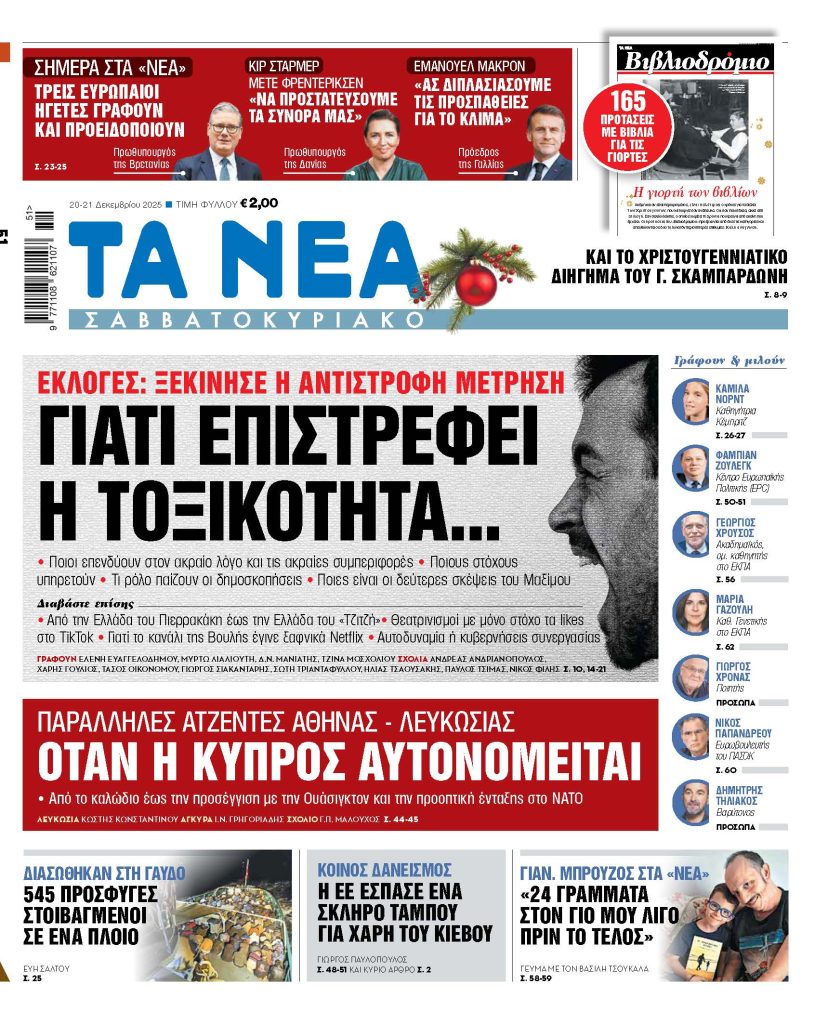The government has withdrawn from public consultation a law establishing draconian rules and astronomical fines and fees for pet owners and people who tend to stray animals, following a huge public outcry and a petition signed by 26,000 citizens as of last night.
Raking in the money
The law establishes huge fees and fines for pet owners and individuals who tend to animals (including animal rights groups and shelters): 1,000 euros for listing an adoption add; a 3,000 euro fine for vets who treat unregistered pets (except in emergencies); a 100-500 euro fine for keeping over two pets in a home; a 1,000 euro fine for avoiding mandatory sterilisation; 30,000 euros for the unlawful killing of an animal (few have qualms with this); 300 euros for not registering a pet and for not reporting its loss; 100 euros for not filing with the local municipality an animal’s electronic ID; 300 euros for not having an updated animal passport; 300 euros for missing the mandatory annual check-up of a pet; and 100 euros for not declaring possession of over two pets.
The president of the Pan-Hellenic Federation of Animal Lovers and Environmentalists, Natasa Bobolaki, in an interview with Ta Nea, says that the 23 articles in the draft legislation are “anti-European and unrealistic”.
Bobolaki cited the steep fines even for posting an adoption notice for a stray animal (the internet is flooded with them) and for not having an animal passport (even if the pet is not to travel).
Two is company, three a crowd
In addition, the draft law implements tough strictures on the number of animals kept in a home: one pet is allowed for every 30 square metres of space in an apartment, and one for every 20 square metres of space in a house. Whoever has over two pets (cats or dogs) in an apartment and over five in a house must declare them to municipal authorities.
Municipalities shoulder the burden
Municipalities will now have the responsibility for collecting and managing stray pets. To this end, municipal employees will take seminars and special training.
Bobolakis says that municipalities for years have lacked the resources to deal with the stray pets issue and that the government’s bill turns the clock back decades.
The result, she says, will be a flood of stray animals. For years municipalities had virtually no resources to deal with the issue.
The second problem is how the bill treats foreigners who tend to stray animals. Tourists and others who feed them or adopt them through animal protection groups must now go through municipalities, with all the Greek red tape that this entails. “Shall we expect the Norwegian animal-lover to come to Kalamata to sign papers at city hall in order to help?” Bobolakis asks.
Another provision in the bill opens the way to animal “euthanasia”.”Some countries have already adopted laws for the euthanasia of strays that are not adopted. We are proud that we do not have that,” she declares.
Another problematic aspect of the bill is that it stipulates that people who feed and sterilise stray animals at their own expense are automatically characterised by the state as their owners, with all the new legal and financial obligations to the state that this entails.
Finally, animal welfare societies object to the provision concerning animal shelters. The said provision states that such facilities temporarily shelter and feed the animals, and must have one veterinarian per 50 animals, with technical infrastructure and equipment and a state license.
Fines for violations of these terms range between 1,000-10,000 euros.
Eleni Evangelodimou




